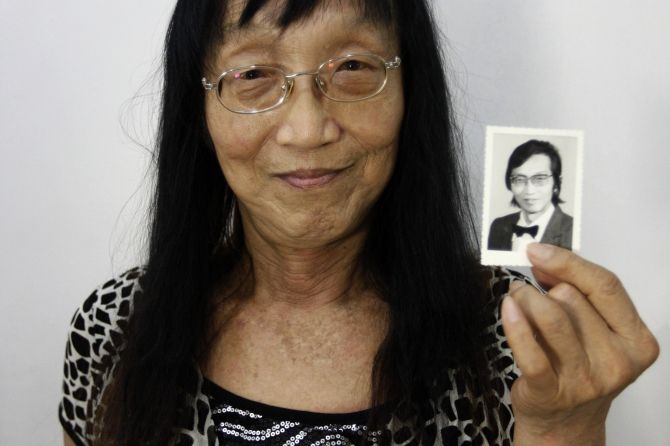DSM Revision Removes Asperger Syndrome, No Longer Classifies Transgender as Disorder

The changes to the Diagnostic and Statistical Manual, the closest thing to a manual for those in the psychiatric and psychological professions, are in. The fifth edition, which will be published in 2013, is the first time that the manual has been changed since 1994. Some of the changes are controversial, but those behind the manual say that it reflects the changing knowledge and cultural attitudes of the field.
Many interested in DSM-V will note that Asperger syndrome has been moved from its own separate category to a larger umbrella category for autism spectrum disorder. Autism spectrum disorder was not previously in the manual, but has been added and incorporates both the more severe forms of the condition as well as the milder ones. The change has been hotly debated. Lori Sherry, the president of Asperger Syndome Education Network, said to the New York Times, "Our fear is that we are going to take a big step backward. If clinicians say, 'These kids don't fit the criteria for an autism spectrum diagnosis,' they are not going to get the supports and services they need, and they're going to experience failure."
Experts say that will not be the case and that educational opportunities will remain the same. The move is also welcomed by some. Kelli Gibson, who has four sons with various forms of autism, including a 14-year-old with Asperger syndrome, said to CBS, "To give it separate names never made sense to me. To me, my children all had autism."
In addition to the debate over Asperger syndrome, other changes have been made to the manual more quietly - and some may have far-reaching cultural consequences. The American Psychiatric Association quietly dropped "gender identity disorder", the psychiatric term for transgender individuals, opting for the lighter and more temporary "gender identity dysphoria". The term had been in DSM since its third iteration in the 1980s.
Medical Daily had previously reported on the fight to remove gender identity disorder from the manual, in an effort to follow in the footsteps of homosexuality's dismissal from the book's pages, and it seems that some advocates have won. Those behind the stage note that the move is a step toward treating people who actually have psychological problems as a result of the mismatch between their subjected gender and their biological one.
However, while the move is seen as a win by some, others worry about what it could mean. Currently, insurance carriers may pay for sexual reassignment surgery because the procedure is for a medical problem, not for plastic surgery. Having the condition reclassified may cause problems with surgery for an already marginalized group.
DSM-V has also made a number of other changes, including the addition of hoarding disorder; excoriation, an obsessive compulsive-related disorder that involves the removal of skin; and the removal of a bereavement period in order to diagnose depression.
Published by Medicaldaily.com



























